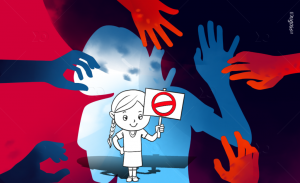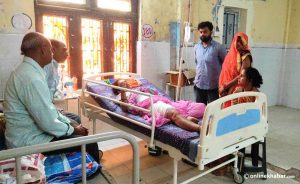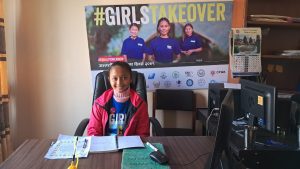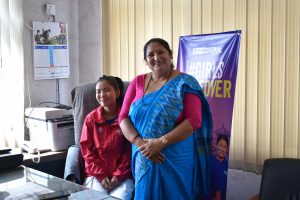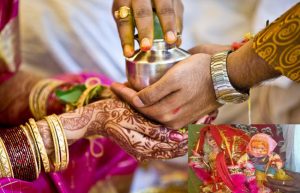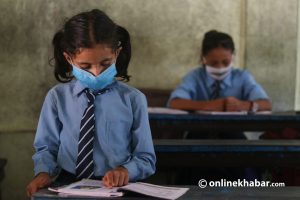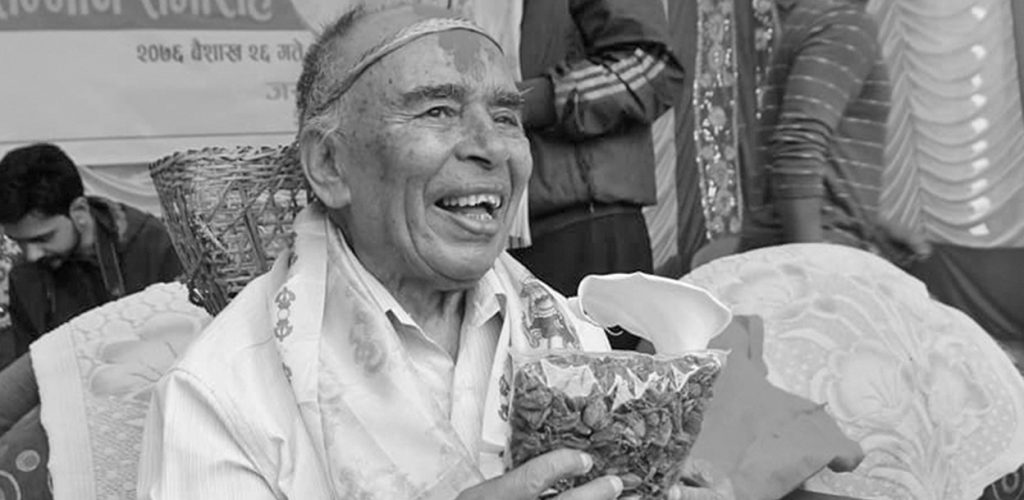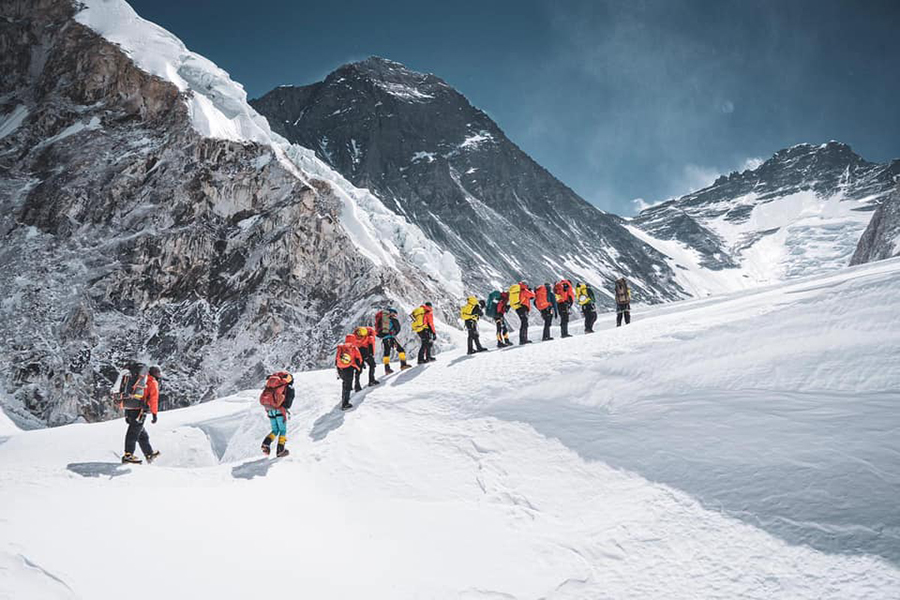Everyone, regardless of their sexual orientation or gender identity, deserves equal access to opportunities and services and their safety should be protected. However, people who identify themselves as lesbians, gays, bisexuals, transgendered, intersexes or queers (LGBTIQ+) are among the most marginalised and excluded members of society. They are particularly vulnerable to stigma, violence and discrimination, due to their real or perceived sexual orientation and gender identity.
Nepal was hailed a leader regarding the LGBTIQ+ rights when it became the first country in conservative South Asia to assure equality for its sexual minorities. But more than a decade later, that trailblazing reputation has lost its lustre as the people are still confronting obstacles to jobs and schools, and marriage equality a distant prospect. The LGBTIQ+ groups have begun to call for an end to discrimination, backing reforms to the law that would allow for the recognition of the LGBTQ rights. But, in a country and region in which religion remains the stumbling block, these reforms are a long way off yet. And, violence against the LGBTIQ+ community in the country is increasing despite the court’s ruling.
On paper, they enjoy some of the most progressive protections and rights guaranteed by law in the immediate region. But, action has not matched the rhetoric, and more than a decade on, the community still faces discrimination. The LGBTIQ people cover 4.196 per cent of the country’s population, according to Nepal LGBTI Survey 2013. However, they are commonly targeted, harassed, and punished for their sexual orientation. Most of them are often subjected to police harassment, extortion, arrests, unreported and arbitrary detention. They have been detained in hospitals and forced to receive treatment against their will. They have faced violence in the forms of sex corrective treatment, forceful marriage to the opposite-sex people, rape, sexual violence, trafficking, forced prostitution, sexual harassment, suicide, killings, and domestic violence. They are still accused in the name of sins. Several researchers in Nepal have reported that LBTIQ people have endured verbal abuse, emotional abuse and physical abuse where perpetrators were close family members.
A research project by Mitini Nepal shows that 51 per cent of lesbians, transgender and bisexual people across the country have complained about the discrimination they underwent in their lives. Of them, 41 per cent say they faced difficulties in daily life as people passed harsh comments and they had to live under constant fear that someone might hurt them in one way or the other. Likewise, 36 per cent of them say they were not accepted at their homes. Similarly, 16 per cent say they were not allowed to participate in religious activities while nearly 19 per cent feel other forms of discrimination. Despite a majority of the gender minority groups facing discrimination and violence, only 31 per cent say they reported violence meted out on them to the police or the concerned authorities.
Equality and freedom from discrimination are fundamental human rights regardless of sexual orientation and gender identity. The new constitution also provides special privileges to minority groups by banning sexual discrimination, including a reserved number of government jobs and educational positions. The LGBTIQ community has been defined as a minority but receives no such reserved positions. The constitution says clearly there should be no discrimination on the basis of sexual orientation, but ironically, under a new citizenship bill prepared in parliament, transgender people seeking to change their status would be required to show medical proof, but the bill does not clarify what kind. The LGBTIQ+ community faced a significant setback when the new Nepal Civil Code came into effect in August 2018 because it limited the definition of marriage to the one between a man and a woman regardless of many advocates’ recommendations that same-sex marriage should be legalised and still there is no same-sex marriage provision in Nepal. Thus, whatever is written in the constitution for sexual minorities has not been reflected in the laws and regulations that have appeared in Nepal.
Nepal has definitely made legal reforms to end the discrimination against the LGBTIQ+ community, but despite these legal protections, members of the LGBTIQ+ community in Nepal still face discrimination, harassment and stigma. This is happening due to lack of awareness and strict implementation of laws. So, the government should formulate plans, policies and programmes to make aware people about the LGBTIQ+ community and create a gender-friendly society. It is also important to strictly implement the existing laws to end violence and discrimination against them.
Hence, we should work together to break down the barriers that prevent LGBTIQ+ people from exercising their full human rights. When we do that, we will liberate them to fully and productively contribute to our common progress and we can teach our future generations to embrace all people regardless of who they are, how they are and whom they love.





